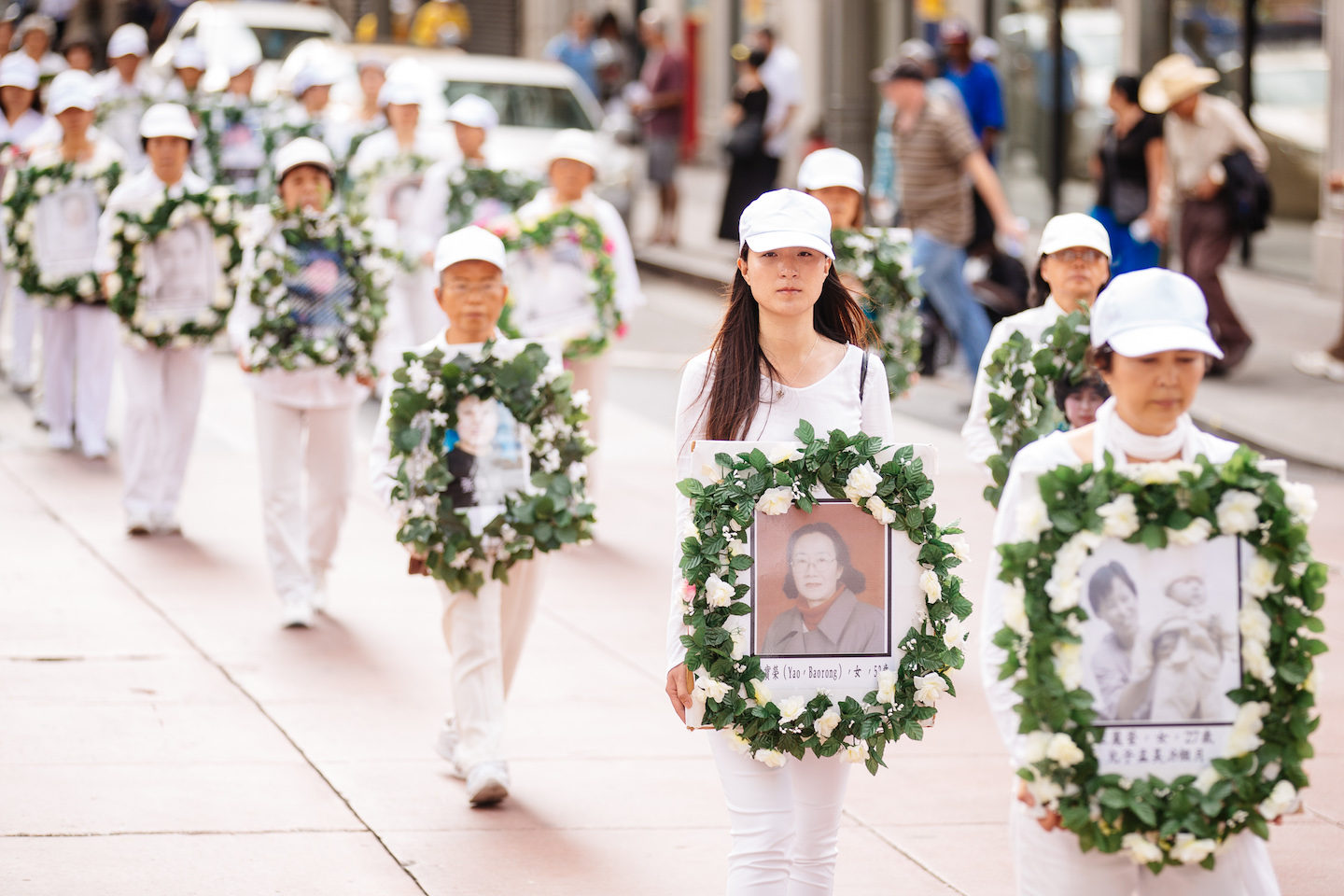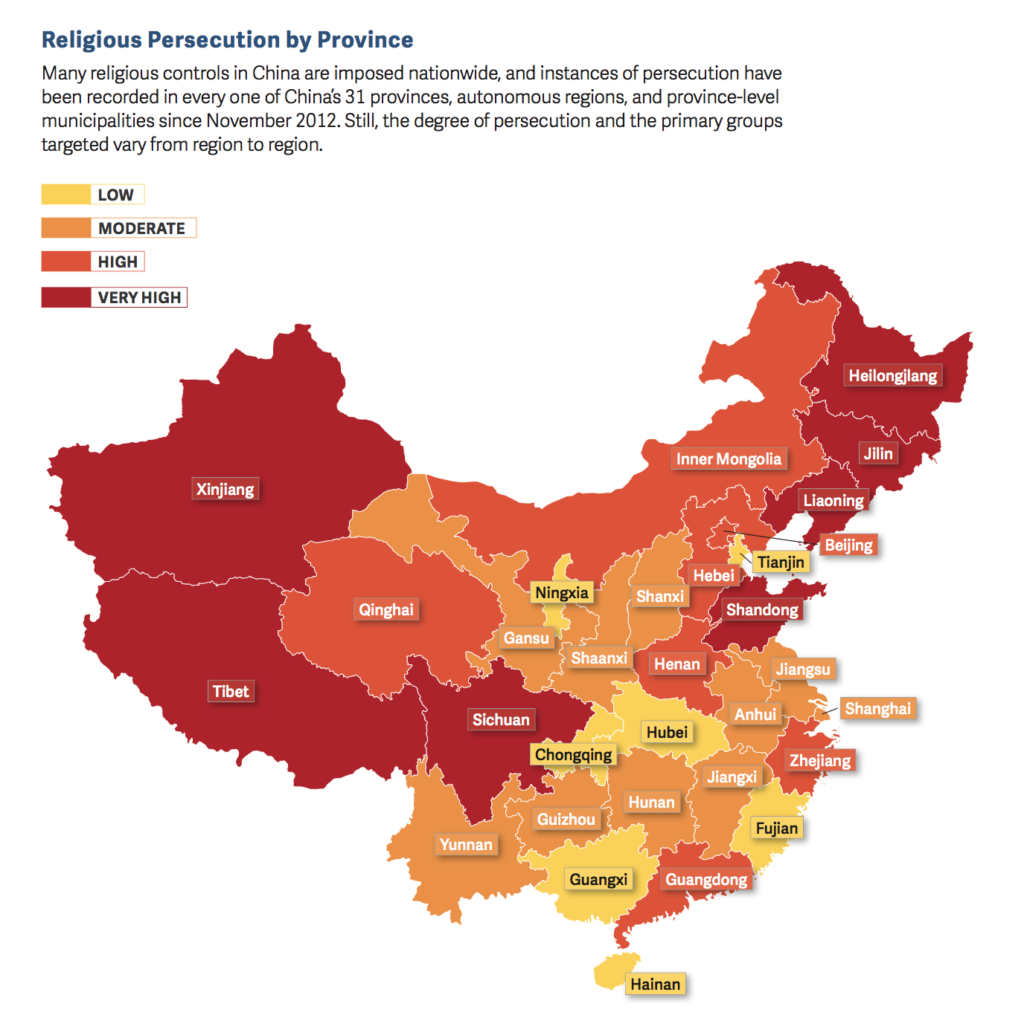
Freedom House Special on Religious Persecution in China: A Must-Read
This year, China dropped one point on Freedom House’s index to 15 out of 100 due to “increased internet surveillance and heavy sentences handed down to human rights lawyers, microbloggers, grassroots activists, and religious believers.”
The organization put a spotlight on the topic of religious persecution in its latest special report, “The Battle for China’s Spirit.” The 142-page paper is organized into five sections: Chinese Buddhism and Taoism, Christianity, Islam, Tibetan Buddhism, and Falun Gong.

Friends of Falun Gong finds the section pertaining to Falun Gong accurate and well researched. Author Sarah Cook traces the origins of the persecution against China’s estimated 100 million Falun Gong practitioners, accounting for causes such as ideological differences between the Marxist, atheist regime and the spiritual practice, as well as personal vendettas and socio-political conditions that allowed the crackdown to take place in 1999.

Following the thread, Cook surveys the trajectory of the persecution, changes in severity, and explores the various tactics used against believers over the ensuing 17 years. Bringing it right up to the present day, Cook and the authors explain why central authorities cannot or will not officially reverse orders to persecute, despite the fact that in many localities the persecution has weakened due to a lessening appetite among local enforcers.
It also paints a picture of grassroots resistance efforts by Falun Gong practitioners and their supporters inside and outside of China, and how those efforts have shifted in focus over the years in response to various forms of government pressure. Taken together, the section on Falun Gong forms an astute and easy-to-understand narrative of the practice and persecution in China.
Importantly, the report, though its topic is victimized minorities, never loses sight of the fact that the future of China’s entire population hinges on how its people and institutions choose to respond to unjust and inhumane acts by the regime. Reading this report, it is impossible to ignore the immense human and monetary cost that the Chinese regime has chosen to spend on attacking spiritual groups.
In the report’s “Recommendations” section, Freedom House calls on policymakers in the United States, Europe and other democracies to “make religious freedom a priority in relations with the Chinese government” as well as to “draw attention to abuses and their link to the national interests of other countries.”
To read the Feb. 28, 2017 Freedom House’s special report “The Battle for China’s Spirit: Religious Revival, Repression, and Resistance under Xi Jinping,” click here. It is an important text for anyone interested in the often hard-to-parse human rights situation in China and what it could mean for the international governmental and business communities.
